The formation and evolution of planetesimals towards comets – an overview
- Technische Universität Braunschweig, Institute for Geophysics and extraterrestrial physics, Braunschweig, Germany (d.bischoff@tu-bs.de)
In the past, it has been controversially discussed how pristine or primordial the comets of the Solar Systems are. Here we present an overview of our understanding of their formation and evolution from dust and ice grains in the solar nebula towards the small bodies we observe today. The first phase is given by the agglomeration of dust and ice grains in the protoplanetary disk until mm- to cm-sized aggregates (“pebbles”) form, which cannot grow further due to the bouncing barrier. The formation of planetesimals is then caused by the gentle gravitational collapse of a concentrated pebble cloud. The formed planetesimals undergo different evolutionary phases, in which they can be altered by radiogenic heating and by mutual collisions. Radiogenic heating can lead to differentiated planetesimals, in which the volatiles are redistributed inside the bodies. Differentiation can be avoided if the planetesimals are relatively small or were formed late. Concerning collisional evolution, we define three types of impacts: sub-catastrophic, catastrophic, and super-catastrophic collisions, which differ in the degree of thermal and mechanical alteration of the bodies. After these phases of our model, the evolution ends with five types of small bodies, and we further discuss which of them can be regarded as comets, using their observed physical properties. Comparing these results with empirical data from comets, in particular from the Rosetta mission to comet 67P/Churyumov-Gerasimenko, conclusions about comet formation and evolution are drawn and open questions are highlighted. This work shall also shed light on possible observation methods that could be used to further constrain comet formation.
How to cite: Bischoff, D., Gundlach, B., and Blum, J.: The formation and evolution of planetesimals towards comets – an overview , Europlanet Science Congress 2022, Granada, Spain, 18–23 Sep 2022, EPSC2022-18, https://doi.org/10.5194/epsc2022-18, 2022.

